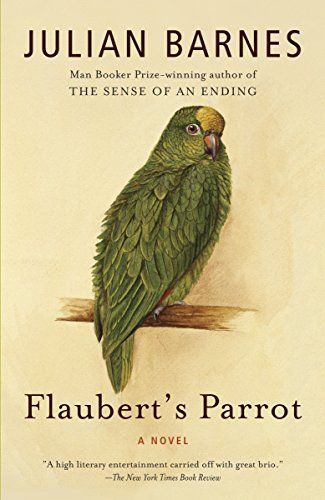
Reviews
Gabe Cortez@gabegortez
Thaddeus Cortez@kilgore
Andrew John Kinney@numidica
Rose Stanley@roseofoulesfame
Nick Rehmus@nrehmus
Ioana Kardos@ioanakardos
Fran Lewis@franlewis
Philipp@phil9l
Roel Vandenhoeck@rovan
Alice Uzzan@aliceuzzan
Darima@starwanderer
Liam Byrne @tvtimelimit
Melody Izard@mizard
Kathryn Reyes@katreyes
Joshua Line@fictionjunky
Andrada D@andragel